Celebrating Medical Pioneers for Women’s History Month
Anne Burnett Marion School of Medicine at Texas Christian University Celebrates Women's History Month By Honoring Pioneering Women in Medicine.
March is Women’s History Month, which commemorates and encourages the study, observance and celebration of the vital role of women in American history. This month, we celebrate the women who were pioneers in medicine.
Antonia Novello, M.D.
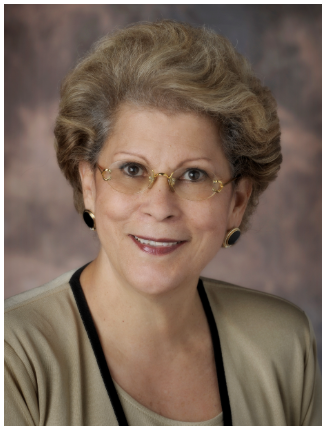
In 1990, Antonia Novello, M.D., became the first woman and first Hispanic to become surgeon general of the United States. As a child in Puerto Rico, Novello suffered from a congenital digestive condition that her family could barely afford to treat. That experience motivated her to study medicine and ensure that care was available to all. She earned her medical degree from the University of Puerto Rico and was committed to battling health inequities among the poor and minority groups. As surgeon general, Novello chose to focus on protecting the young and the vulnerable, addressing such issues as underage drinking and cigarette ads that targeted children. In 2019, Dr. Novello visited our medical school to speak with students and faculty. On teaching future physicians, Dr. Novello said: “If one can teach them that medicine can be tech savvy, but at the same time empathetic, respect of the patient, communication, and caring about your human beings, what a way to go.”
Elizabeth Blackwell, M.D.
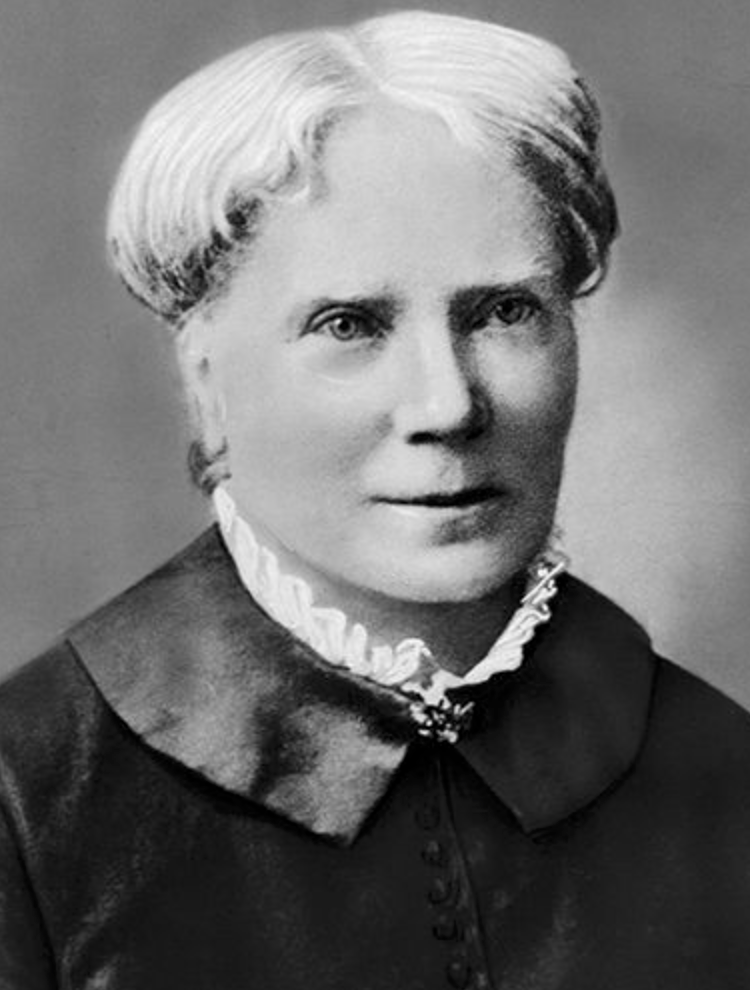
Elizabeth Blackwell, M.D., said she turned to medicine after a close friend who was dying suggested she would have been spared her worst suffering if her physician had been a woman. In 1849, she became the first woman in the United States to be granted an M.D. degree from New York’s Geneva Medical College. She supported medical education for women and helped many other women’s careers. She also published several important books including Medicine as a Profession For Women in 1860 and Address on the Medical Education of Women in 1864. Dr. Blackwell wrote that she was initially repelled by the idea of studying medicine: She “hated everything connected with the body, and could not bear the sight of a medical book… My favourite studies were history and metaphysics, and the very thought of dwelling on the physical structure of the body and its various ailments filled me with disgust.”
Rebecca Lee Crumpler, M.D.
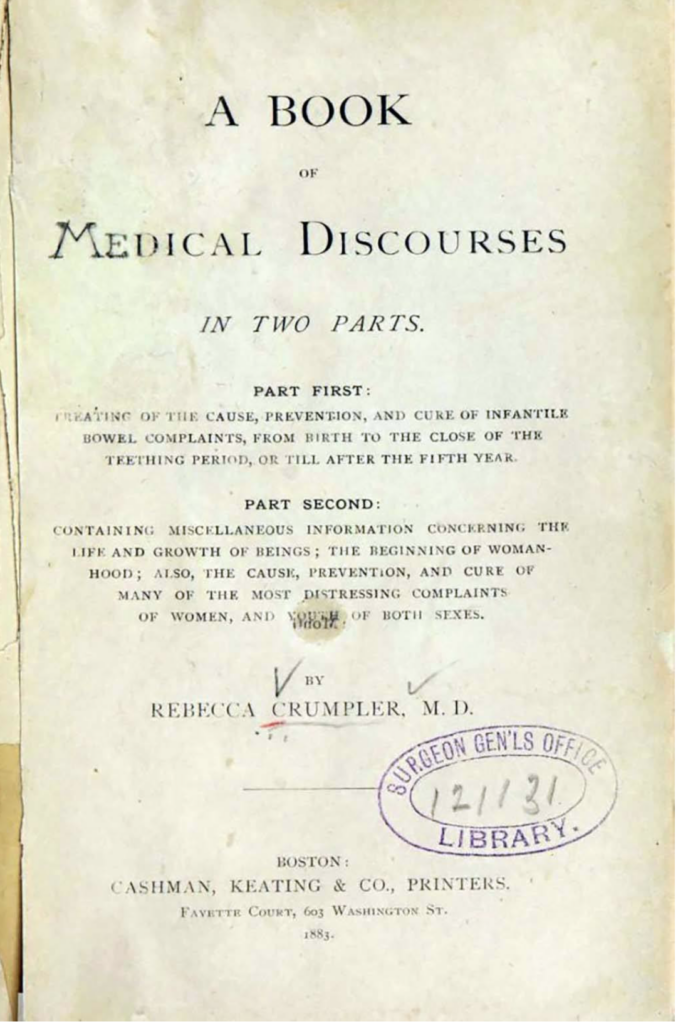
Rebecca Lee Crumpler, M.D., was admitted to the New England Female Medical College in 1860. When she graduated in 1864, Crumpler was the first African American woman in the United States to earn an M.D. degree, and the only African American woman to graduate from the New England Female Medical College, which merged with Boston University School of Medicine in 1873. In her groundbreaking 1883 publication, A Book of Medical Discourses: In Two Parts, Dr. Crumpler wrote: “It may be well to state here that, having been reared by a kind aunt in Pennsylvania, whose usefulness with the sick was continually sought, I early conceived a liking for, and sought every opportunity to relieve the sufferings of others.”
Susan LaFlesche Picotte, M.D.
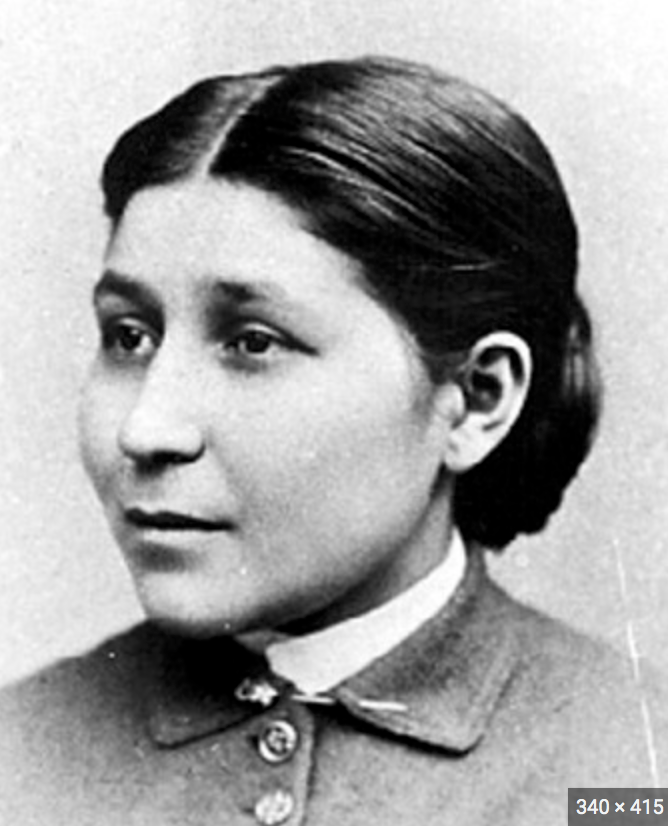
When she was a child, Susan LaFlesche Picotte, M.D., witnessed a white doctor refusing to care for a Native American woman. In 1889, Picotte, the daughter of an Omaha chief, graduated from the Woman’s Medical College of Pennsylvania at the top of her class and became the first Native American woman in the United States to earn a medical degree. Upon returning home in 1890, she worked as a government physician responsible for 1,200 to 1,300 people. Dr. Picotte worked 15-hour days, yet she earned only half of what others in that position received. She was a strong advocate for political reform. In 1906, she led a delegation to Washington to lobby for prohibiting alcohol on the reservation. Dr. Picotte also became a county health officer and lobbied the state legislature to improve public health laws. In 1913, she opened a hospital in the remote reservation town of Waterhill, Nebraska.
Velma P. Scantlebury, M.D., FACS
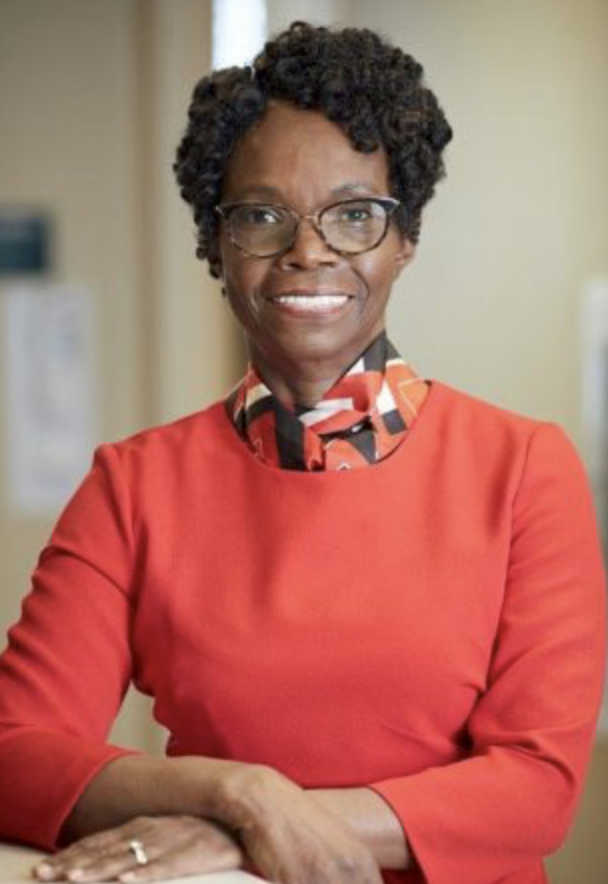
Velma P. Scantlebury, M.D., FACS, knew she wanted to physician when she was 8 years old. In 1969, her parents moved from Barbados to New York City to give her a better chance to become a doctor. She earned her medical degree from Columbia University in New York City and became the first female African American transplant surgeon in the United States in 1989. She recently retired from ChristianaCare’s Kidney Transplant Program where she served as the Associate Director, and Director of Outpatient Clinics. Dr. Scantlebury is currently a Professor at the Burnett School of Medicine. “We have a lot of things to be grateful for when it comes to those who have paved the way before us,” Dr. Scantlebury said. “But when I think about the social inequities we have to realize that there are opportunities out there and that we all have potential. We all need to have that potential fostered and developed and recognized and given an opportunity to excel.”